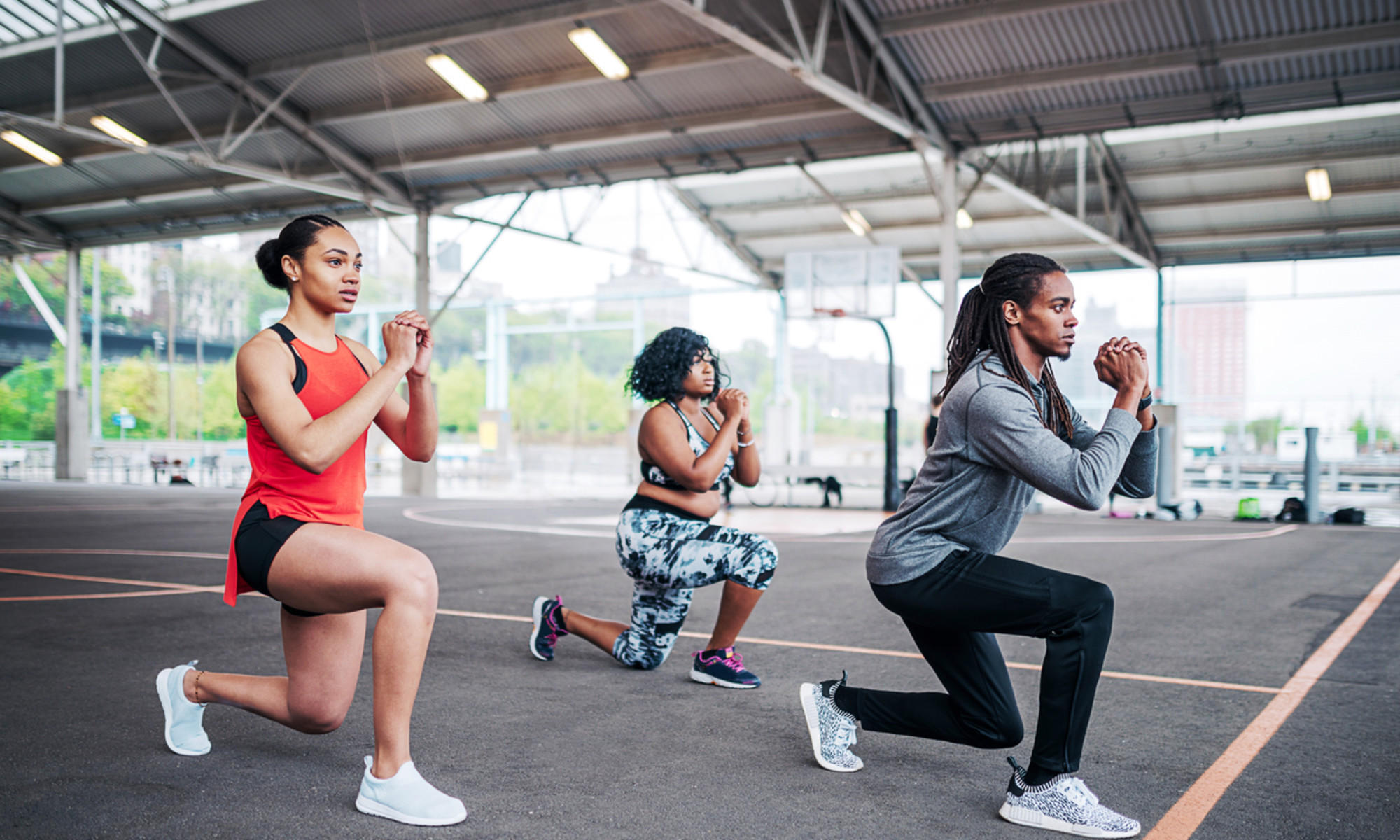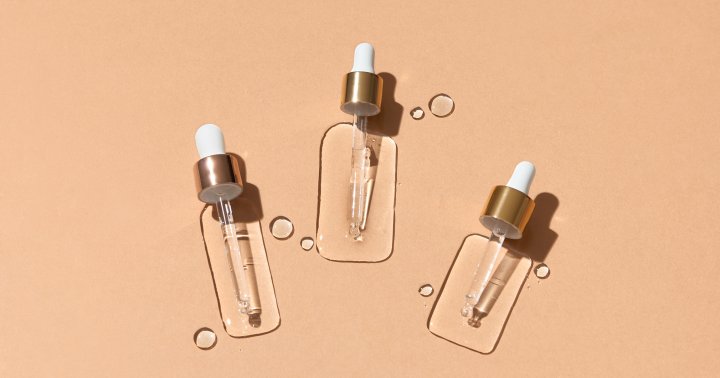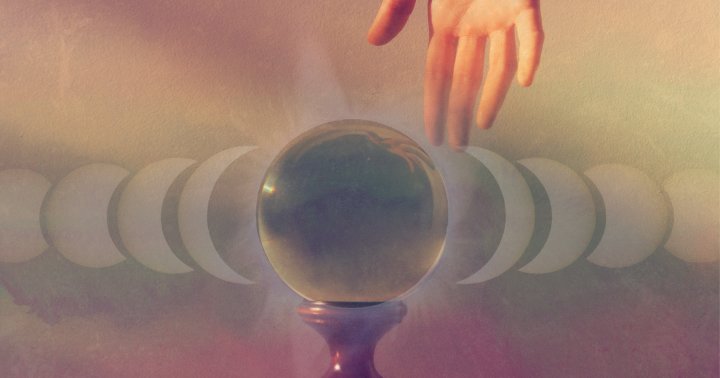Do You Need More Electrolytes? How To Know, Based On Your Activity Level
Should we all be drinking electrolytes every day?


Assistant Beauty & Health Editor
Assistant Beauty & Health Editor
Hannah Frye is the Assistant Beauty Editor at mindbodygreen. She has a B.S. in journalism and a minor in women’s, gender, and queer studies from California Polytechnic State University, San Luis Obispo. Hannah has written across lifestyle sections including health, wellness, sustainability, personal development, and more.
July 25, 2023 Our editors have independently chosen the products listed on this page. If you purchase something mentioned in this article, we may Electrolyte drinks are so standard these days that it's easy to assume everyone could use them. But is that really true? I asked registered dietitians for the inside scoop on whether people who aren't extreme athletes actually need to worry about their electrolyte levels. Here's the scoop.
Advertisement
This ad is displayed using third party content and we do not control its accessibility features.
Does the average person need electrolyte boosters?
The simple answer: No. “Under normal conditions, most people have zero need for specially formulated electrolyte beverages,” nutrition consultant and best-selling author of The MIND Diet Maggie Moon, MS, RD tells mbg.
This doesn’t mean electrolytes aren’t necessary. Quite the opposite, as they’re essential for fundamental functions like the electrical signals needed for brain function, muscle contraction, and fluid balance, Moon says.
The misconception lies in which electrolytes most people need more of and the best sources.
“Though many Americans fall short on two key electrolytes, calcium, and potassium, it is best to get these from food,” Moon adds. You can find these electrolytes in leafy green vegetables and plenty of fruits, she notes.
Interestingly, Moon says, the primary electrolyte marketed for hydration via processed electrolyte beverages is sodium, which most people get enough of.
“On average, American adults already consume about 150% of the recommended maximum amount of sodium: 3400 mg compared to the recommended 2300 mg max per day,” she explains.
So if you want to drink an electrolyte-rich beverage daily, make sure it’s more than just a sodium boost and includes both calcium and potassium too.
Advertisement
This ad is displayed using third party content and we do not control its accessibility features.
When to prioritize electrolyte consumption
All of that being said, there are situations when you might want to look beyond food for your electrolyte fix.
“As a dietitian, I typically recommend electrolyte supplements after an activity during which electrolytes may become depleted," says registered dietitian Jessica Cording M.S., R.D., CDN. Here are a few situations that Cording says call for extra electrolytes:
Advertisement
This ad is displayed using third party content and we do not control its accessibility features.
Now this doesn’t mean you should always reach for a sugar-packed processed electrolyte drink. Instead, call upon natural sources of electrolytes like unflavored coconut water, Cording recommends.
You can also make your own electrolyte beverage by adding a little citrus juice, salt, baking soda to water, along with any add-ins you like such as herbs or spices: she says. If you crave extra sweetness, add some maple syrup or honey.
RELATED READ: How To Make "Nature's Gatorade," From A Nutritionist
If you prefer an electrolyte-rich snack, have a slice of watermelon sprinkled with salt, chili pepper, and lime juice, Moon says.
Just know that while you may not need electrolyte supplements daily, it is important to have them on hand for times of excess sweating, alcohol consumption, or other causes of dehydration.
The takeaway
Electrolyte supplements aren’t a daily essential for most people but do come in handy when you’re dehydrated. Look for natural sources of electrolytes or opt for low-sugar electrolyte drinks—here’s a few of our favorite powders to keep on hand.
Advertisement
This ad is displayed using third party content and we do not control its accessibility features.

 Aliver
Aliver 































